Livestock
All Livestock Content
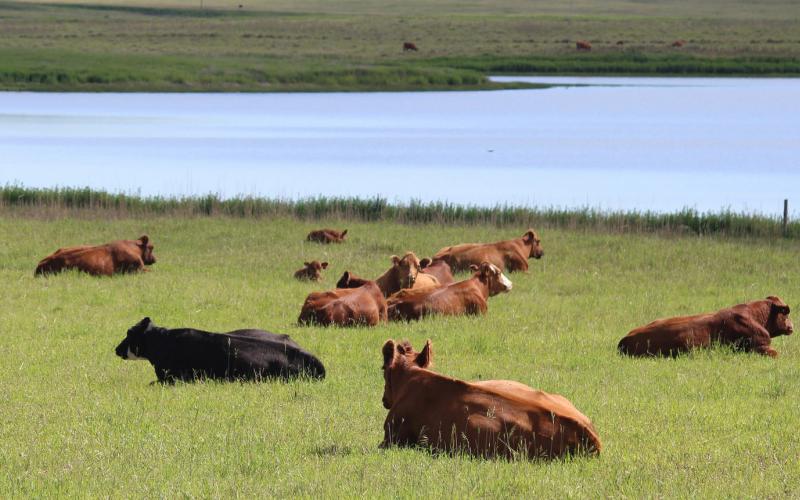
Parasite Control for Cow Calf Operations
Spring is coming and with calving season underway it is important to keep our eyes forward on to the next step in production.
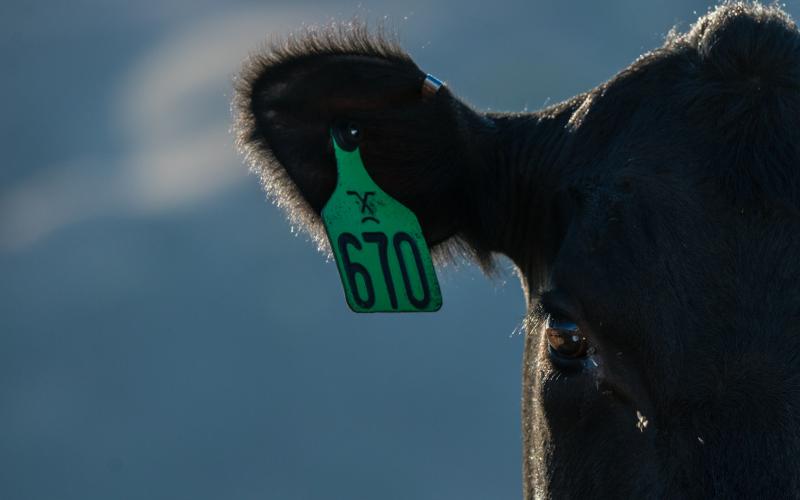
Getting Replacement Heifers Ready to Breed
Producers should take some time to evaluate replacement heifers’ health, nutrition and reproductive status to ensure high-quality females entering the cow herd.
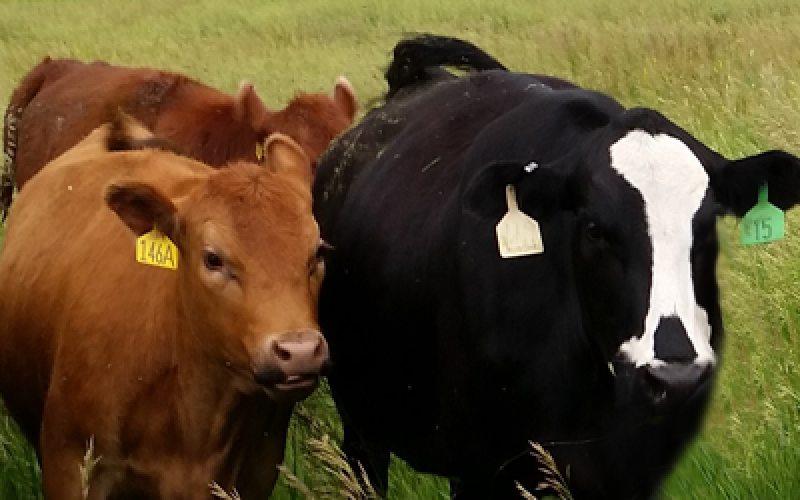
Setting Up Replacement Heifers for Breeding with CIDR Protocols
Replacement heifers are the most common group of females on the ranch to be artificially inseminated. An option available for heifer (and cow) synchronization is use of a CIDR (Controlled Internal Drug Release).
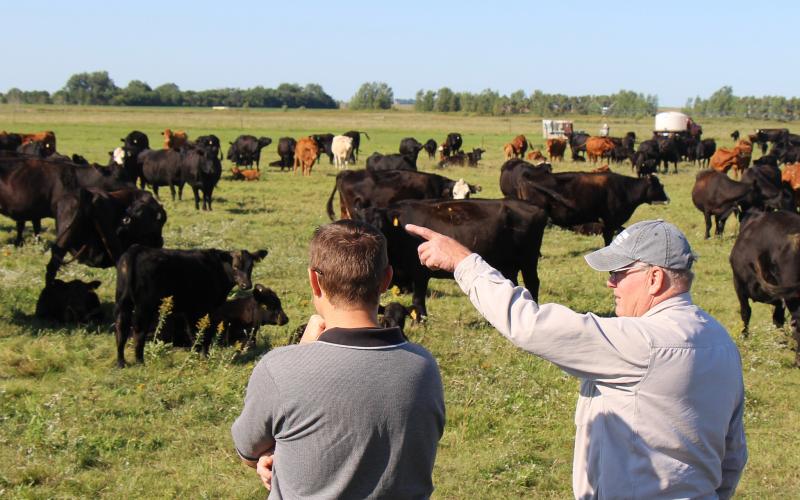
Observing Bulls at Pasture
Checking cows is a daily activity during the summer which becomes even more important once the bulls have been turned out to begin the breeding season. Why? If a bull isn’t doing his job or if he gets injured while on the job, there needs to be a plan B because at the end of the day cows still need to bred.
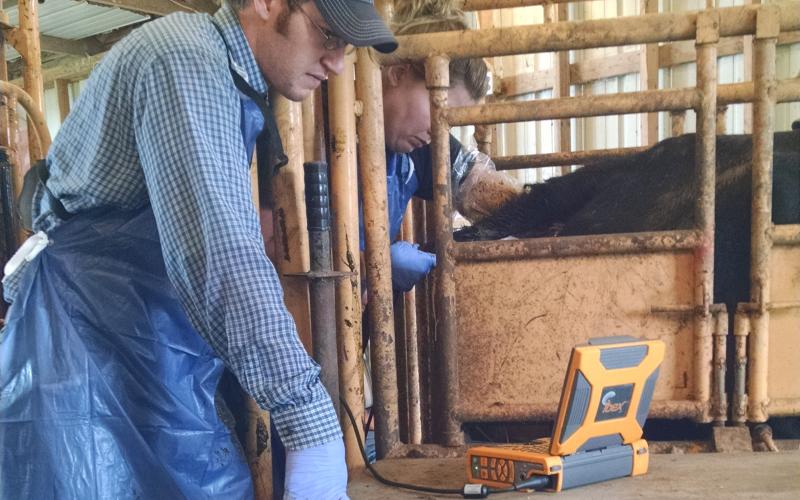
Checking for Success: The Value of Pregnancy Checking the Cow Herd
Successfully managing drought conditions not only requires careful monitoring of pastures and inventory of feedstuffs, but management should also take into account the productive cow herd size.
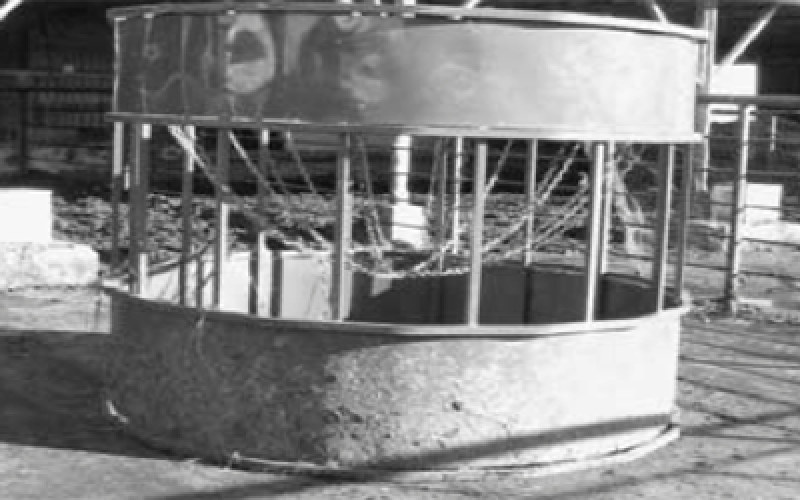
Hay: Stop the Waste
In an effort to prevent increasing the winter feed bill, a new bale feeder design or feeding plan may need to be developed and put into action in order to manage hay waste this winter.

Putting the Preg Check Results to Work
Pregnancy check day is one of the most important days on the ranch as it is the day when we find out what cows are pregnant and how many calves we can expect come calving season. So now that the veterinarian has left the yard and the open cows are sorted off, what’s next?
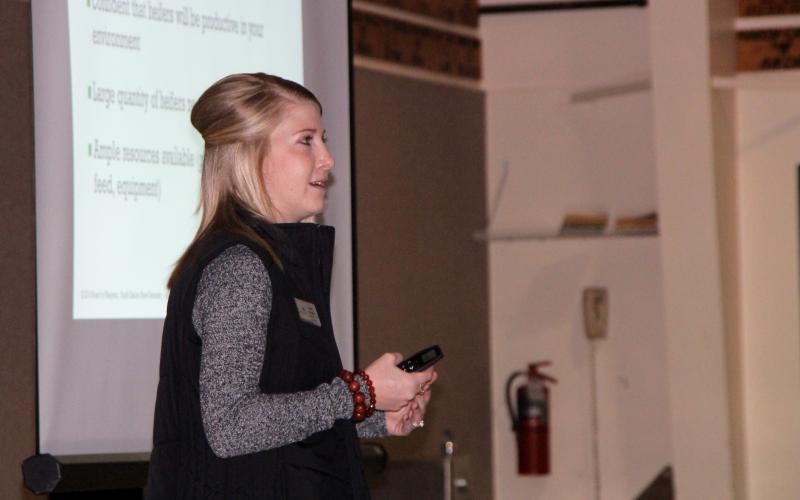
Finding Females for the Cowherd
The type and kind of females chosen for your cowherd is an important decision that can have long-term implications and great impact on the economic viability of the operation.
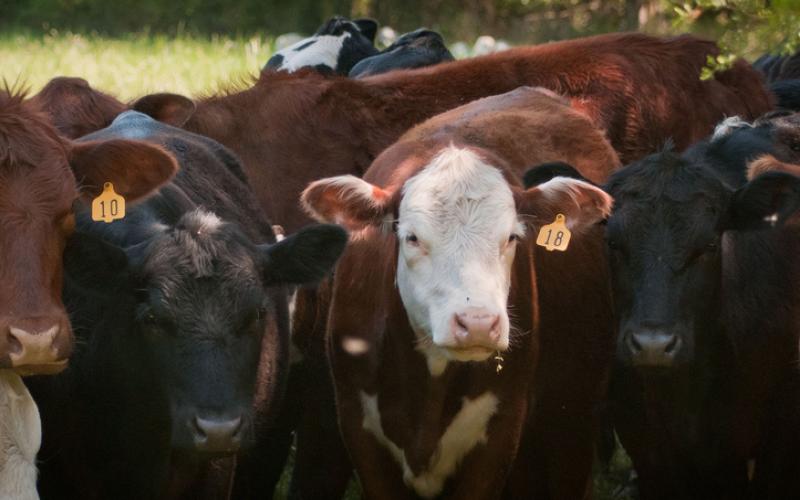
Management Minder Tool: Staying Organized on the Ranch
Daily life is busy on the farm and ranch and it seems as if once calving season is done, there is barely time to rest before fields must be planted or hay made.
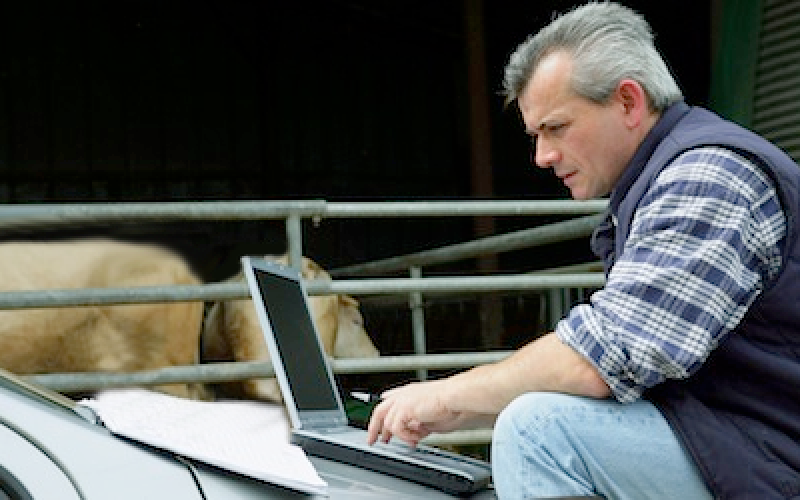
Opportunities for Open Cows
It’s that time of year when driving along the countryside or sitting in the sale barn cows start to show up with an “O” drawn on her side as the Veterinarian called her open on pregnancy check day.